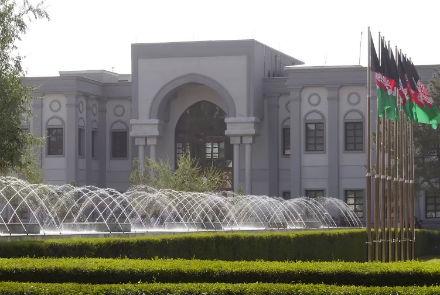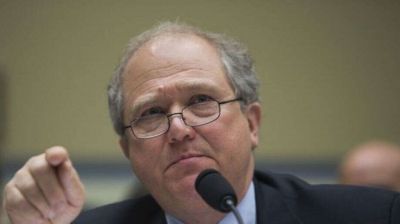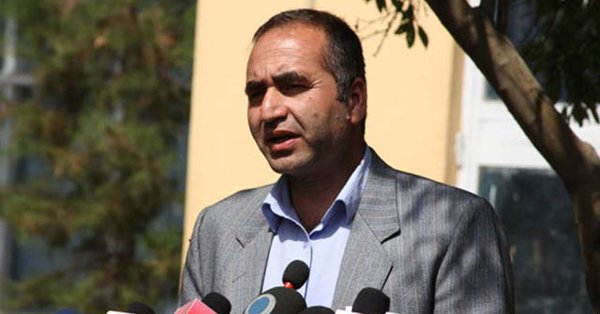Transparency International released its Corruption Perception Index 2019 on Thursday, and the organization ranked Afghanistan among the top 10 most corrupt countries in the world.
Publish dateThursday 23 January 2020 - 19:57
Story Code : 201661
The report states that anti-corruption efforts have not made progress in the country since 2018.
Based on the index, Afghanistan scored 15 out of 100 in 2017, followed by 16 in 2018, and stalled at that score--16--in 2019.
“The efforts to fight corruption in Afghanistan during the last five years have shown that the campaign has to be revitalized and sustained or it stalls.” said Joy Saunders, chairperson of the board of directors for Transparency Afghanistan.
“Afghanistan had to focus on campaign financing regulation and enforcement after 2017 since it had a parliamentary election in 2018 and a presidential election in 2019,” she added.
The report states that Afghanistan’s score under the National Unity Government (NUG) dropped one point between 2014 and 2015 from 12 to 11, but it improved four points with 15 in 2016.
“Then the progress slowed down, and the score improved to only 16 in 2017. In the next two years (2018 and 2019), the score has remained the same at 16 out of 100,” according to a summary of the report.
Meanwhile, officials of Integrity Watch Afghanistan (IWA) have said that one of the factors that has undermined the government’s anti-corruption strategy is the grip of a "certain and corrupt group" involved with government affairs, and the abuse of power by this group.
According to IWA, the political intervention in the work of the legal and judicial institutions, and the work of the Supreme Audit Office (SAO) is also one of the factors behind the government’s failure to undertake successful anti-corruption measures.
“The National Unity Government made some good progress by adding amendments to the Access to Information Law and establishing the Independent Access to Information Commission. However, this was not enough to take on the pervasive corruption across all sectors in the country," said Sayed Ekram Afzali, executive director of Integrity Watch Afghanistan.
“Although the National Unity Government committed to establishing an independent anti-corruption commission in 2014, it took the National Unity Government (NUG) five years to finalize the law," Afzali said.
He further stated that "Afghanistan has to institutionalize the fight against corruption through establishing independent agencies, supporting the existing ones and ensuing separation of powers to restore trust in state institutions and to bring back stability."
Wahidullah Azizi, program manager at Transparency Afghanistan, said, “The lack of progress in the fight against corruption is disappointing. The results adversely affect government legitimacy, trust among Afghans, and donors’ confidence.”
Afghanistan had scored only 16 points out of 100 on the 2018 Corruption Perceptions Index in 2018.
Afghanistan had averaged 14.23 points from 2005 until 2018, reaching an all time high of 25 Points in 2005 and a record low of 8 Points in 2012.
According to TI, globally, countries with lower CPI scores experience an uneven balance of power, where a few wealthy individuals control government purse strings and decision-making. Furthermore, TI states that countries that perform poorly on the CPI also have higher perceptions among people that money influences elections.
Source : Afghan Voice Agency(AVA)
avapress.net/vdcfvyd0yw6dxva.r7iw.html
Tags
Top hits












